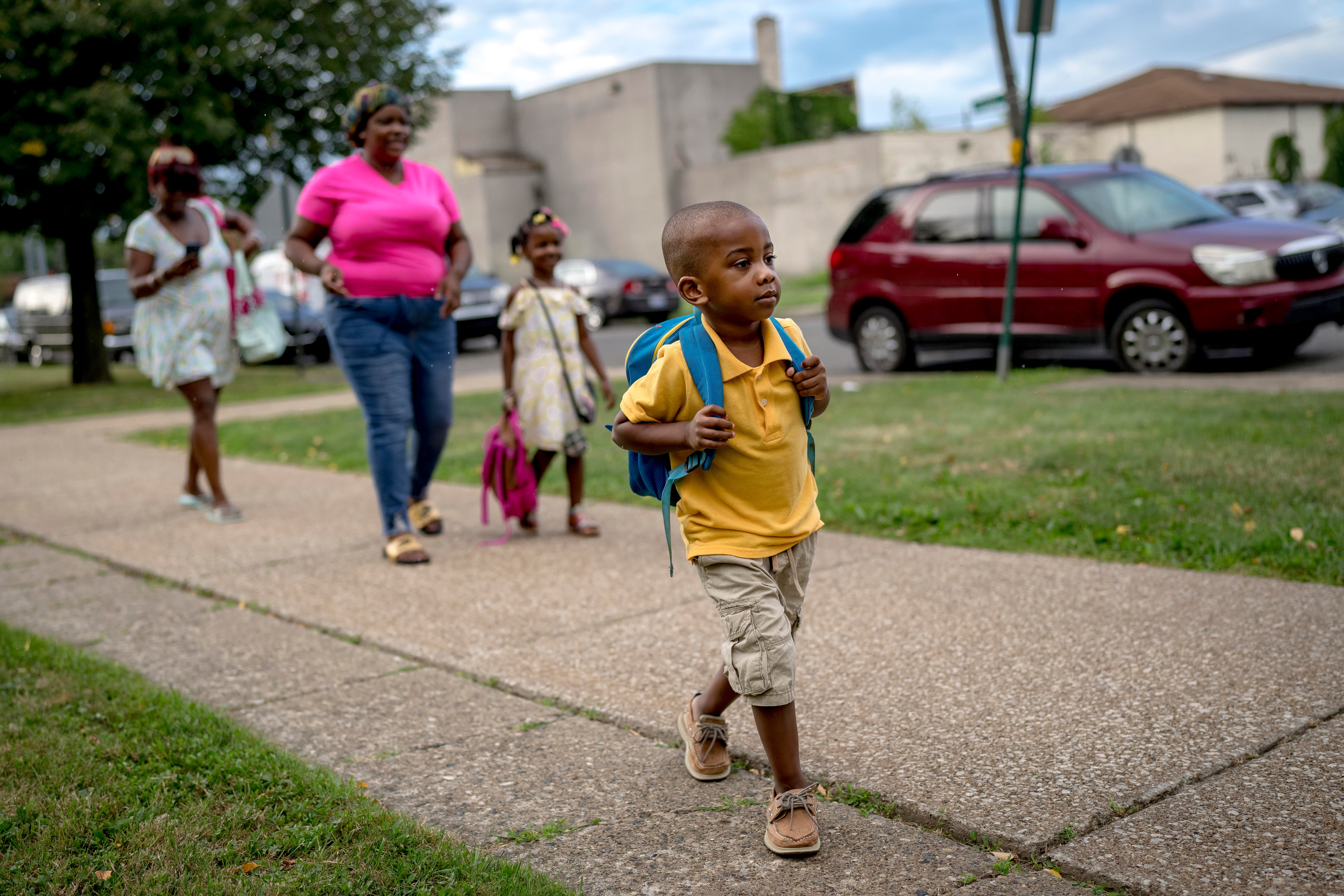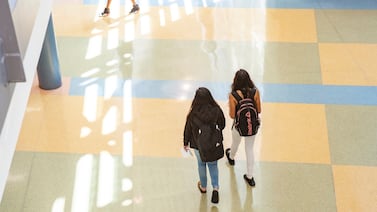The Michigan Senate has approved legislation that mandates kindergarten attendance in Michigan.
The bill, which supporters say will improve early education, passed with a vote of 21-15, with Republicans in the Democratic-controlled Senate largely opposed. It must now go to the Michigan House for consideration.
Beginning with the 2025-26 school year, a child who is five years old on Sept. 1 would be required to enroll in kindergarten, whether in a traditional public school, charter school, private school, or if their parents are homeschooling them.
Michigan is one of more than a dozen states that do not require kindergarten. Despite this, the state estimates that about most students enroll in the grade.
“If we’re serious about setting kids up for a lifetime of success, early education is where it’s at,” Sen. Dayna Polehanki, a Democrat from Livonia, said on the Senate floor Tuesday.
Polehanki, the bill sponsor, said as Gov. Gretchen Whitmer and Democratic lawmakers push to provide Michigan’s preschool program free for all, regardless of income, that “it doesn’t make sense that kindergarten continue to be optional.”
She said the goal of the legislation “is to create a culture in which early education is valued and viewed as the indispensable building blocks that it is.”
Parents who believe their children aren’t ready for kindergarten would be able to opt out.
But Sen. Thomas Albert, a Republican from Lowell, raised concerns about the process. In order to opt out, a parent would need to notify their local school in writing that they intend to delay enrollment in kindergarten for a year.
“The process itself raises potential concerns about unwarranted monitoring of a family’s personal education decisions,” Albert said. “Why collect information from families who are choosing to wait a year before enrolling their kids in kindergarten? What is the good that is going to be accomplished by making homeschooling and private school parents report to their local public schools?”
Albert also questioned what local school districts are supposed to do with the information.
“Is this a step toward the tracking of some families who might homeschool or send their kids to private school? That’s none of the state’s business.”
Some homeschooling families have opposed the kindergarten legislation because they believe it will pave the way for a required registry.
Albert said the change in the law is trying to solve a problem that doesn’t exist and he suggested the legislature’s time would be better spent addressing key issues such as chronic absenteeism.
In Michigan, 30% of students were chronically absent at the end of the 2023-24 school year, a big increase from nearly 20% just before the pandemic. Chronic absenteeism rates are particularly high in some of the state’s highest poverty districts, not surprising given poverty is one of the biggest causes of students not attending school on a regular basis. In the Detroit Public Schools Community District, the chronic absenteeism rate was 66% last school year and is trending toward 63% this school year.
Detroit Superintendent Nikolai Vitti told senators during a committee meeting last month that he believes requiring kindergarten would help lower chronic absenteeism in the early grades.
Vitti said then that more than 70% of the kindergarten students in the district last year were chronically absent, meaning they missed 18 or more days in the school year. The rates, he said, were lower for first, second, and third grades.
“We want to start as early as possible, creating a culture and an expectation that school is important every day,” Vitti said.
Albert, during his comments on the Senate floor, said the state’s “attendance problem is far and away more pressing” than requiring kindergarten.
“Forcing someone to enroll in school does not mean they’re going to actually show up and learn anything,” Albert said. “Schools being shut down by the government for extended periods of time has changed behavior. And I do not believe the provisions of this bill are strong enough to change that.”
Lori Higgins is the bureau chief for Chalkbeat Detroit. You can reach her at lhiggins@chalkbeat.org.








